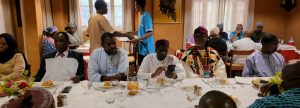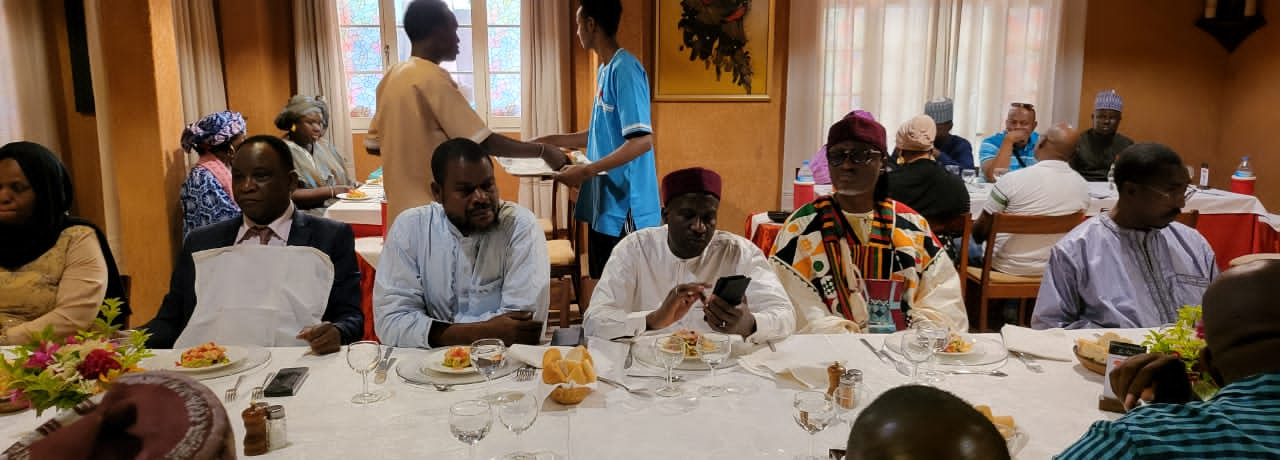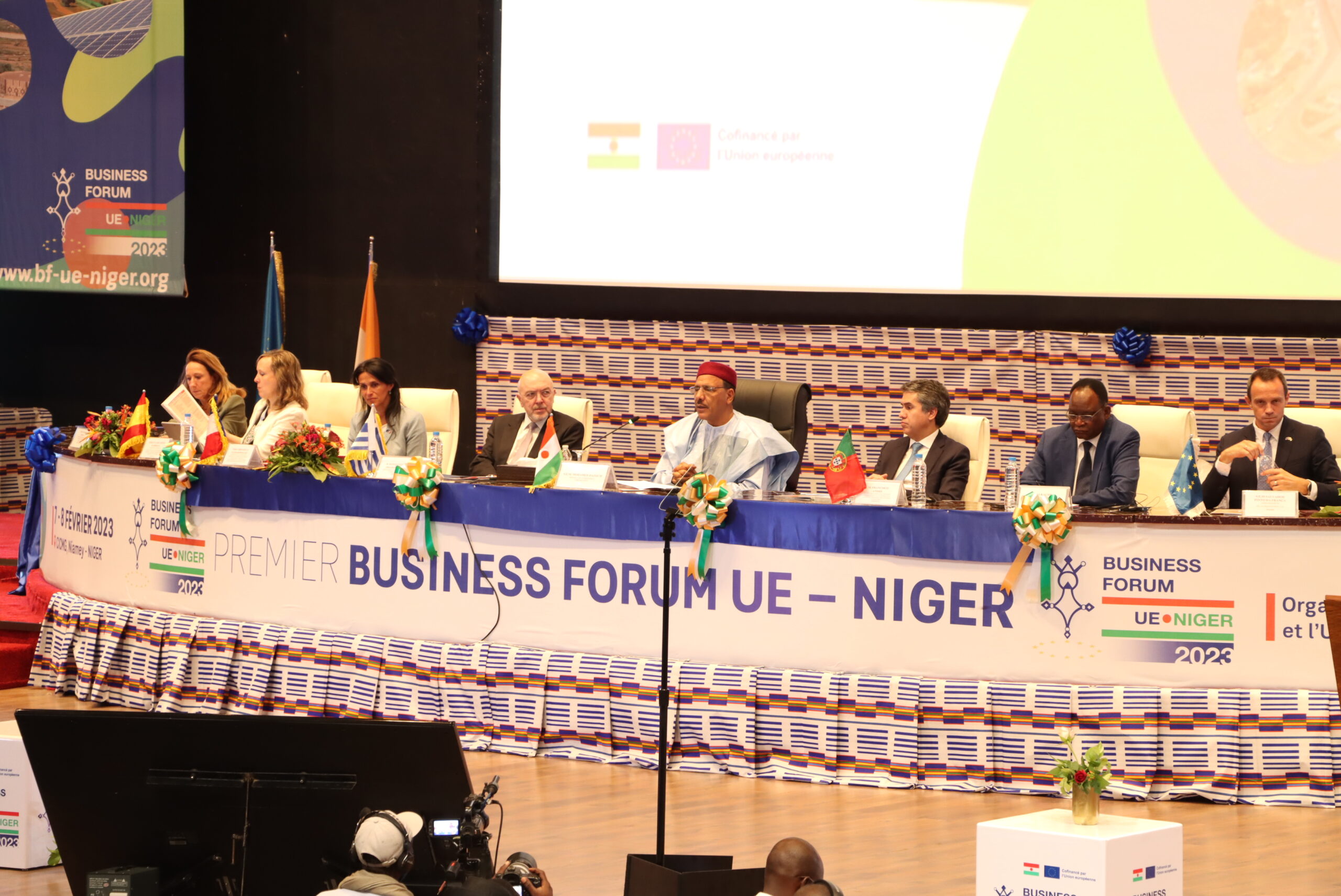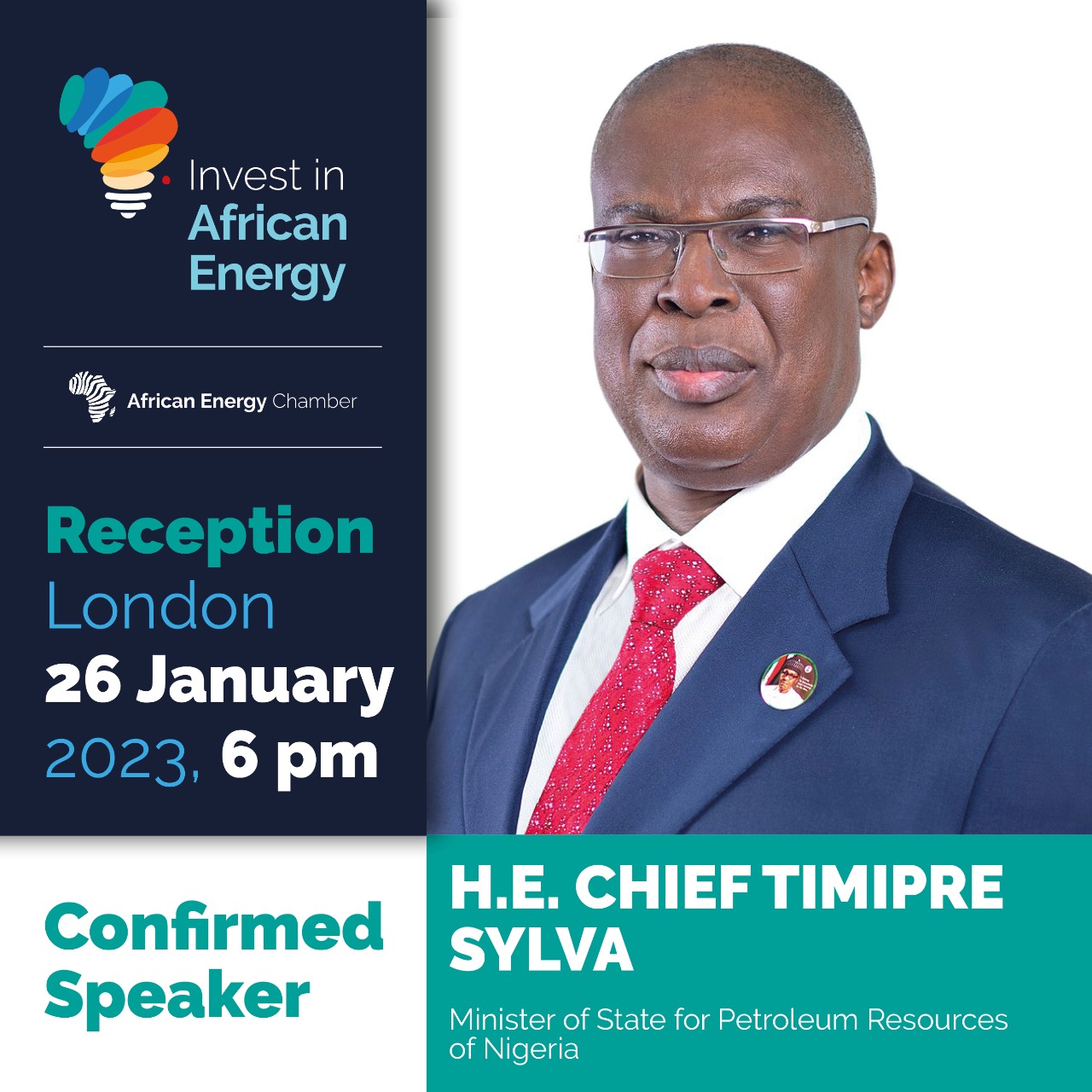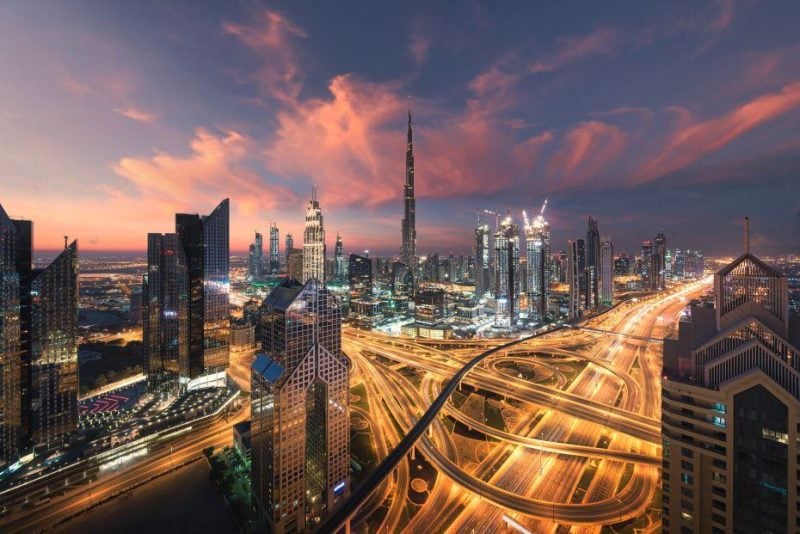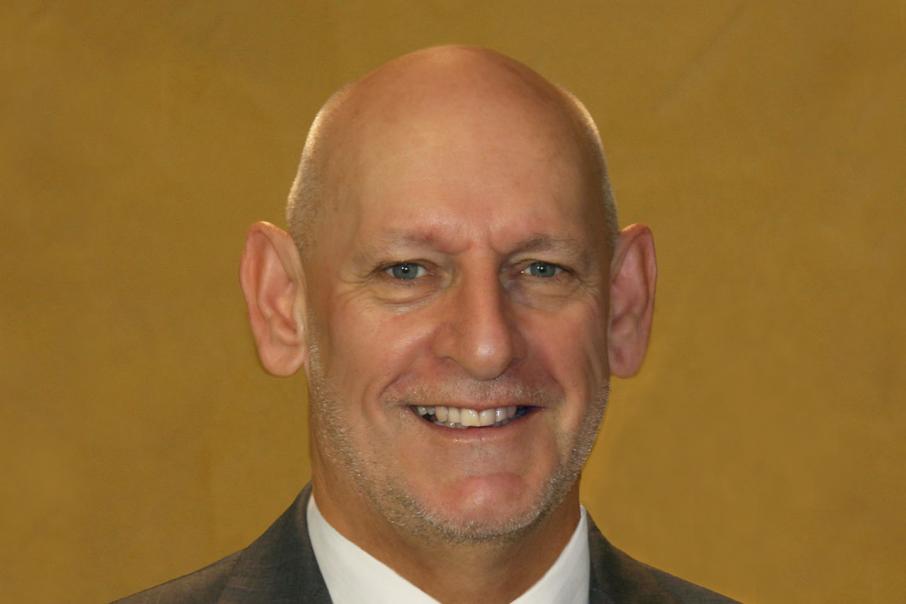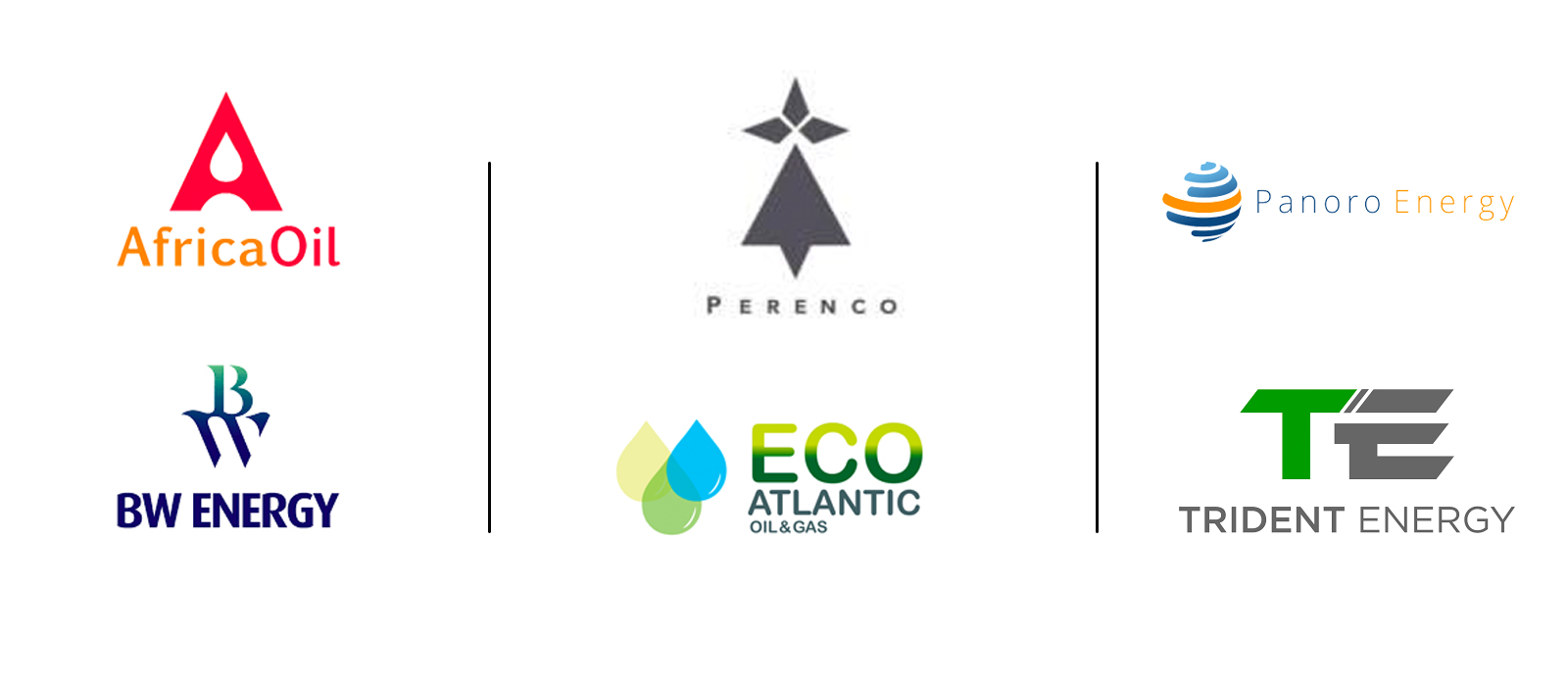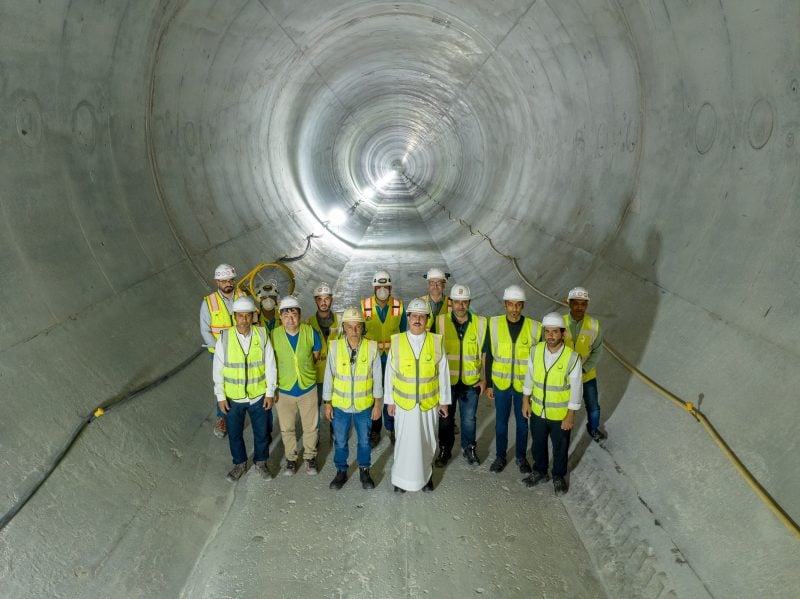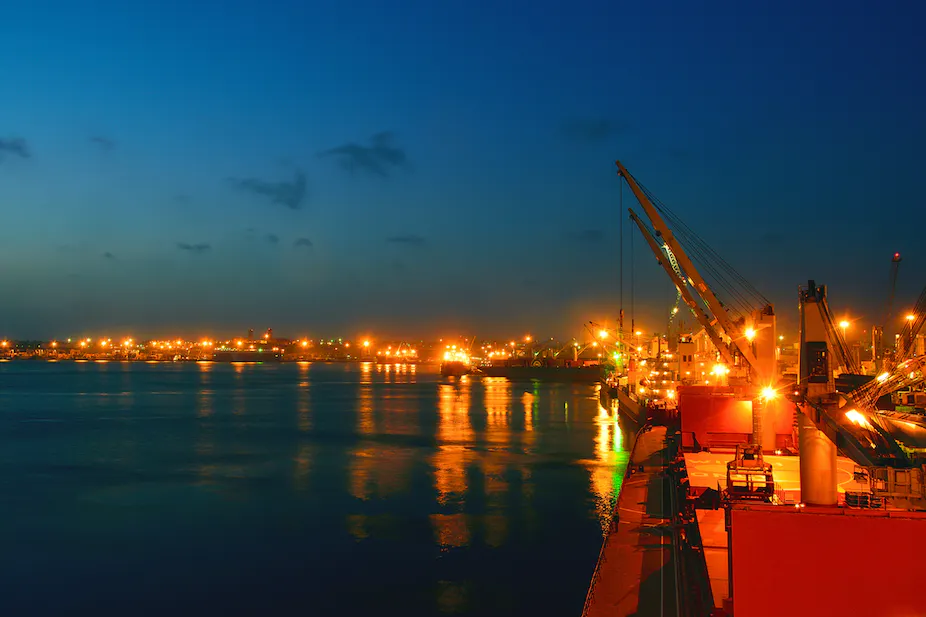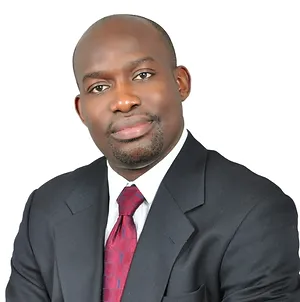| JOHANNESBURG, South Africa, December 26, 2022/ — By NJ Ayuk, Executive Chairman, African Energy Chamber
In late 2019, Africa Oil Corp. President and CEO Keith Hill told Petroleum Economist that, given Africa’s unproven oil and gas basins, the continent was probably “the greatest frontier,” with outstanding opportunities for exploration, production, and development companies, including independents.
Three years later, Hill remains bullish about Africa, and Canada-headquartered Africa Oil Corp. is driving oil and gas exploration here. The company is part of a growing trend we’re seeing: independent oil and gas companies that recognize the tremendous promise of our underexplored continent and are finding ways to thrive here — and make a positive impact.
I’m extremely optimistic about independents like Africa Oil Corp and BW Energy, which are building on their successful track records in exploration and production, and Perenco, which is building Africa’s natural gas industry. I’m encouraged by the efforts of Trident Energy, which is finding ways to bolster production in mature fields, and by Eco Atlantic, which has been convincing investors not to turn their backs on our continent. Companies like these are exactly what Africa needs. They’re bringing private capital, experience, and know-how to the continent. They are accelerating resource monetization and maximization for the good of Africa. And, honestly, I can’t wait to see what they do in 2023.
Putting Natural Gas to Work for Africa
As David Christianson so eloquently put it in a recent blog for Trade Law Centre (tralac), a South Africa-based think tank, “Africa’s gas future is floating offshore.” Floating liquified natural gas (FLNG) units are an ideal way to capitalize on Africa’s abundant natural gas resources. They can be deployed rapidly and more affordably than onshore LNG trains, creating a practical pathway to gas monetization. London-headquartered independent, Perenco, which has operated in Cameroon for nearly 30 years, is capitalizing on these opportunities.
Not only did Perenco establish an FLNG plant in Cameroon, it made history there. The Hilli Episeyo FLNG, which began commercial operations in March 2018, is the world’s second-ever FLNG plant to enter operation and the first in the world to operate from a converted LNG tanker. The plant, moored off the coast of Kribi, is the property of Norwegian Golar. Not only does the project have global significance, but it also involves local entities. Perenco partnered with Cameroon’s Société Nationale des Hydrocarbures (National Hydrocarbons Company) to launch the project. The Hilli Episeyo is designed to produce 2.4 million metric tonnes per annum (MMTPA) of LNG and has 125,000 cubic meters of storage capacity. Natural gas for the plant is sourced from Perenco’s Sanaga and Ebome gas fields.
What’s more, Perenco is growing its upstream activity in the continent. Earlier this year, it signed a deal with oil and gas company New Age Ltd. to buy its stake and take over the operatorship of the Etinde gas field, which is in shallow water in the Rio del Rey Basin offshore Cameroon. In July, Perenco acquired Anglo-Swiss multinational Glencore’s entities in North Africa, The acquisition includes PetroChad Mangara, which operates the Mangara, Badila, and Krim oilfields in Chad’s Doba Basin. And in November, the company announced it had discovered oil in the Tchibeli North East pre-salt Vandji exploration prospect offshore Congo, describing it as a potential “play opener.”
Each of these activities and successes represents potential for greater energy security, economic growth, and based on Perenco’s track record, more good jobs for Africans.
Perenco is a strong example of an independent that has successfully developed strategies for Africa’s unique challenges, needs, and opportunities. And, it’s not alone.
Breathing New Life Into Maturing Fields
Look at British independent Trident Energy, which is introducing a new era of operational efficiency and production improvements in Equatorial Guinea.
Trident’s business strategy calls for acquiring mid-life producing assets around the globe, particularly oil and gas fields lacking attention and investment, re-developing them, increasing production, and unlocking reserves. In Africa, where we’re seeing production declines occur in legacy assets throughout the continent, this approach is tremendously valuable.
In Equatorial Guinea, Trident is the operator of Block G, which includes the producing Ceiba and Okume Complex fields — made up of six oil fields in the Gulf of Guinea, in shallow and deep water in the Rio Muni basin – with a 40.375% working interest. The company also holds a 40% stake in Block S, W & EG-21.
In May of this year, the Ministry of Mines and Hydrocarbons of Equatorial Guinea and Trident’s joint venture partners for Block G, Kosmos Energy, Panoro Energy, and GEPetrol, agreed to extend the Production Sharing Contract (PSC) for the block through 2040, giving Trident more time to unlock the block’s full potential.
Trident has earned the respect of both the government and the companies it works with. Trident credits those strong working relationships with the company’s commitment to be an active, visible member of the communities where it operates.
Foreign project leaders and their families relocate in-country, as the company fulfils its role as a major contributor to the local economy and community. Most importantly building local capacity and improving local content has been a key strategy for the company’s leadership.
Trident also is known for offering local residents high-quality jobs and respectful treatment; for creating empowering skill development, healthcare, and education programs in host communities; and for implementing best practices to protect the environment.
Trident Energy’s upgrades at Okume Field, which have been underway this year, call for converting 15 gas lift wells to electrical submersible pumps (ESPs), which are more affordable to operate and maintain.
To prepare for the conversion, the company has been working on a $57 million upgrade at Okume’s central processing facilities. Trident Energy’s team in Equatorial Guinea has managed every aspect of the project including supply chain, logistics, and coordination. Approximately 55% of the services (in-value) were provided by local contractors; 32% of services were provided by regional contractors; and only 13% were provided by international contractors.
Projects that boost production in declining assets, like the Okume upgrades, are extremely important for both Equatorial Guinea and the continent at large. We hope more companies follow Trident’s lead.
Setting the Stage for Success
The African Energy Chamber also has been impressed with Norwegian independent BW Energy, which has been very strategic in its approach to gas exploration and production in Namibia.
BW, which also has a strong presence in Gabon, targets proven offshore oil and gas reservoirs and minimizes risk with phased developments. By operating in sites with existing production facilities, the company reduces time to first oil and keeps cash flow in check, the company website explains.
In 2017, the company acquired a 56% stake in the Kudu gas field in the northern Orange sub-basin, approximately 130 kilometers off the southwest coast of Namibia. Several years later, BW increased its interest in the gas project to 95%.
The Kudu field is believed to hold at least 1.3 trillion cubic feet (tcf) of gas, but the site has remained undeveloped since ChevronTexaco first discovered gas there in 1974. The field has had a long string of operators, but as Pan-African research agency Hawilti put it, factors ranging from the inability to agree on a gas price to delays in getting governmental support projects have kept the project in limbo. The site’s isolated location, and lack of infrastructure to transport gas, have not helped matters.
But, with BW in the driver’s seat, I believe that chapter is now closed. As announced during African Energy Week in Cape Town, BW is pursuing a revised development plan for Kudu that includes using a repurposed semisubmersible drilling rig as a floating production unit (FPU), which will allow it to move gas onshore for domestic energy generation. BW purchased the rig it needs for this effort earlier this year.
BW’s efforts could have far-reaching effects on day-to-day life in Namibia. Currently, the country relies on electricity imports to meet its domestic needs. BW’s work at Kudu will help provide the gas Namibia means to reliably deliver electricity to its people, drive industrial growth, create jobs, and position Namibia as a regional energy hub.
Overcoming Hurdles, Modeling Determination
Another independent modeling what can be achieved in Africa is Toronto-headquartered Eco Atlantic. It has been overcoming the challenges of raising capital in an era when companies are being pressured not to begin new oil and gas projects on our continent.
In April, Eco Atlantic raised approximately $25.5 million to cover drilling expenses on the Gazania-1 well, on Block 2B offshore South Africa, although the company announced that its evaluation well did not show evidence of commercial hydrocarbons. That’s not stopping the company from moving forward in Africa. Along with its partners, Africa Energy Corp, Panoro 2B Limited (a subsidiary of Panoro Energy ASA), and Crown Energy AB, Eco Atlantic is planning additional exploration drilling, including a two-well campaign on Block 3B/4B offshore South Africa, set to begin in 2023, and at least one well on the Orinduik Block offshore Guyana.
“While it is naturally disappointing not having made a commercial discovery, the Gazania-1 well was only the first of four wells we have planned for the next 18-24 months across our wider portfolio,” Eco Atlantic co-founder and CEO Gil Holzman said.
Tenacity is a required trait for all companies in this industry. Eco Atlantic’s ongoing commitment to exploring South Africa’s offshore basins is commendable.
As recently as Dec. 19, the company announced its subsidiary, Azinam Limited, had acquired another 6.25% participating interest in Block 3B/4B offshore South Africa. Eco Atlantic also received regulatory approval for the acquisition. Now Eco Atlantic will hold an increased participating interest of 26.25% in Block 3B/4B, with Africa Oil Corp., the block’s operator, and Cape Town-based upstream company, Ricocure.
Big Finds, Big Ambitions
As for Africa Oil Corp., one of its strengths is the respect it has earned in the sector and among government leaders. The company has been involved in such major finds as the 2022 Venus light oil discovery made with Total Energies offshore Namibia (through subsidiary Impact Oil & Gas Limited).
Since then, the company has kept its focus on continued exploration operations. It has producing and development assets in deep-water offshore Nigeria, development assets in Kenya, and a portfolio of exploration assets in Guyana, Kenya, Namibia, Nigeria, South Africa, and the Senegal Guinea Bissau Joint Development Zone (AGC).
The companies’ successes in East Africa are particularly exciting. Exploration in Kenya within the last decade has opened two new basins that extend into southern Somalia. Keith recently told Energy, Oil & Gas magazine that the basins cover an area the size of the North Sea.
And in Puntland, the company is confident that it found an oilfield through drilling on the Shabeel well.
Hill said he remembers when most companies believed opportunities in East Africa were limited.
“At most oil and gas conferences today the universal opinion is that East Africa now represents one of the hottest oil and gas exploration areas anywhere in the world,” he said. “Africa Oil Corp’s forward thinking approach meant that it was able to get in and secure all the acreage it wanted before this region really took off. What that means is that today you are looking at an organization that boasts the best onshore acreage position of any company now present in East Africa.”
Well done.
Earlier this year, I said Africa will not achieve the energy future it wants, including making energy poverty history, without the presence of independents. Today, that truth is clearer than ever. Yes, majors and national oil companies still have an important part to play in Africa’s energy industry, but the independent companies at work here are giving us every reason to be optimistic about Africa’s future.
Distributed by APO Group on behalf of African Energy Week (AEW).
SOURCE
African Energy Week (AEW)
|
